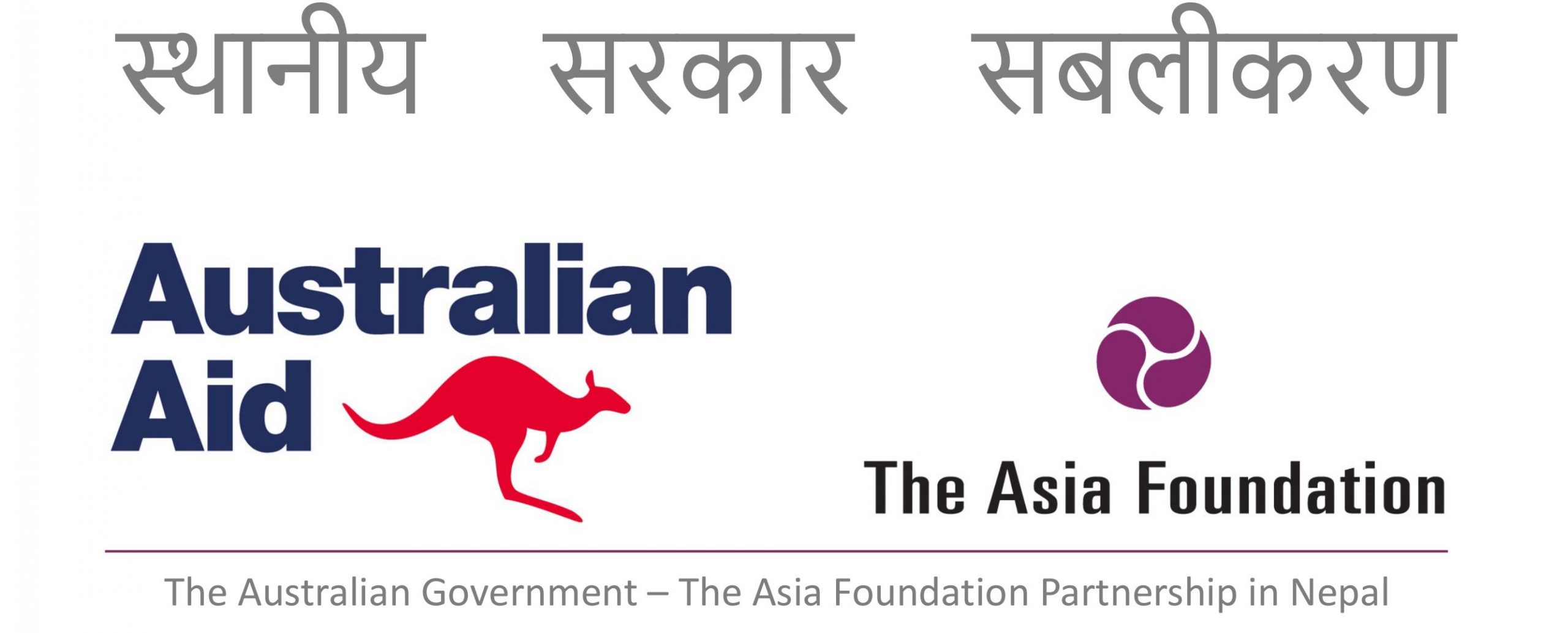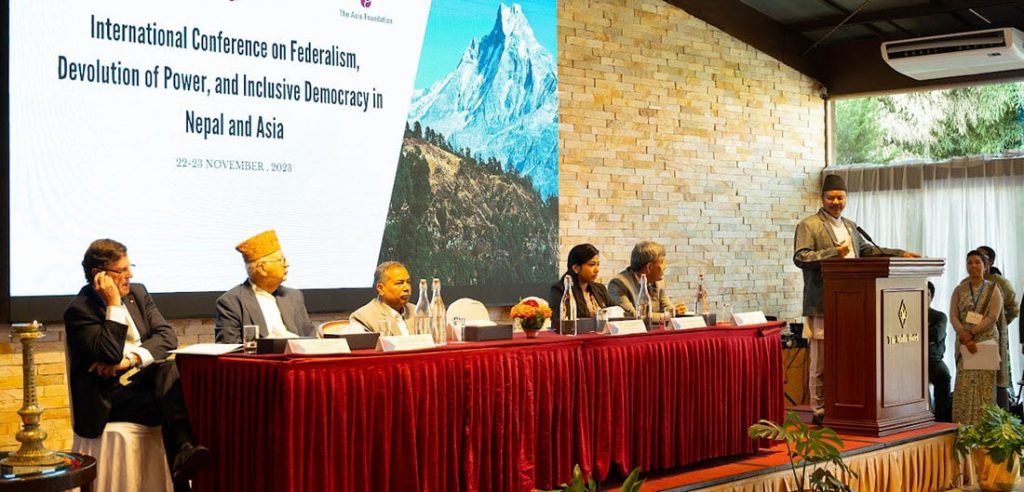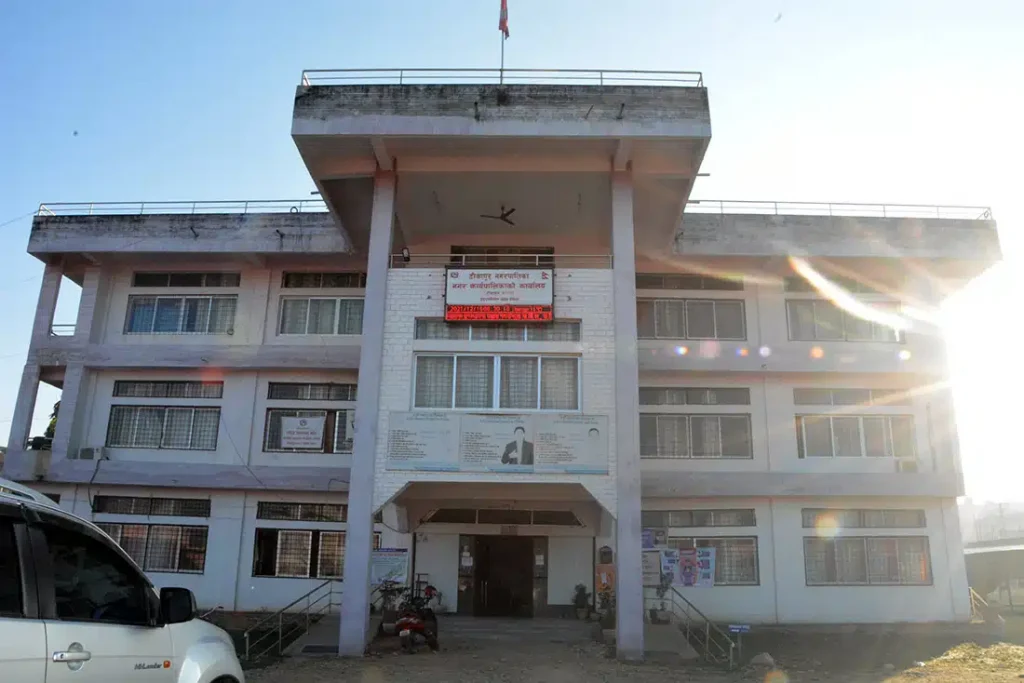GEDSI
Subnational governments policies, programs, and service delivery are inclusive, equitable, and respond to the needs of women and marginalized constituencies.
Women and marginalized communities, including people with disabilities, have been historically excluded from decision-making processes in Nepal. The shift from a unitary to a federal governance structure also envisioned social transformation and an inclusive society. The historically marginalized population of Nepal, who demanded greater participation and inclusion in the country’s development, hoped that their long-time grievances would be addressed. However, there is a distinct gap between the intentions laid out in the Constitution and the reality on the ground.
Gender and other inequalities interlink with the larger political economy and power dynamics. These entrenched power dynamics take time and consistent efforts to change. Further, the Covid-19 pandemic exacerbated the existing gender and social inequalities, including the exclusion of women and marginalized groups from the response, relief, and distribution activities, job losses, and negative impacts on the economic status of women and marginalized communities.
Similarly, several factors affect people with disabilities’ access to opportunities and rights as provisioned by the Constitution. Limited understanding of the breadth and depth of the issue, along with a lack of will and internalization of the matter, are some of the significant constraints to achieving disability inclusion (DI). Even though the present provisions enlist considerable responsibilities to subnational governments, many local governments have yet to formulate laws and policies to address DI. In addition, there is a need for better coordination across the three tiers of government to address issues affecting people with disabilities and to ensure their access to, and participation in, local decision-making processes is equal and equitable.
Effective mainstreaming of GEDSI strategies is essential in sustainable development programs such as SNGP. For SNGP, GEDSI mainstreaming is a way to approach both structural and behavioral understandings. The learnings of SNGP Phase I demonstrate that it is worth developing trusting relationships with key actors to promote greater spaces for genuine and shared ownership of GEDSI mainstreaming. This needs to be taken a step further to ensure that representation is increased not only for citizens in general but also with particular attention to the participation and increased influence of marginalized groups (based on ethnicity, religion, age, gender, disability, and other parameters) through a GEDSI-responsive approach.
SNGP formed a GEDSI Taskforce in late 2019 to provide strategic guidance and accountability on the GEDSI approach. The program implements a dual-track approach to mainstream GEDSI across all program interventions through targeted and integrated activities where the need is most pronounced. The program focuses on enhancing GEDSI-sensitive institutional governance among partners, including the strategic partner municipalities; supports gender-responsive budgeting and planning at the subnational level; and contributes to creating space for more inclusive discussions and decision-making. The program also garners a greater understanding of these issues through continued political economy, power analyses, and learning.



